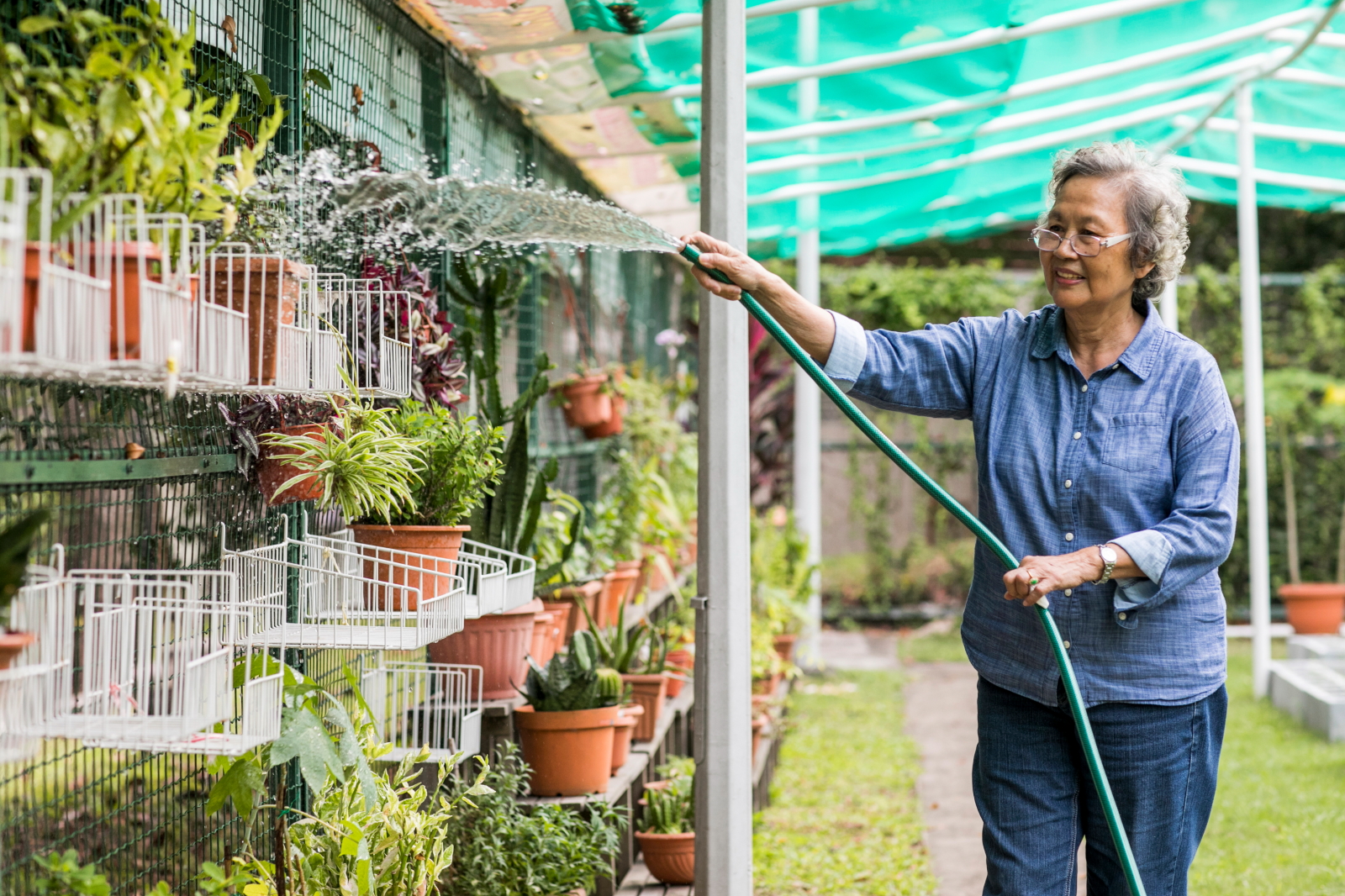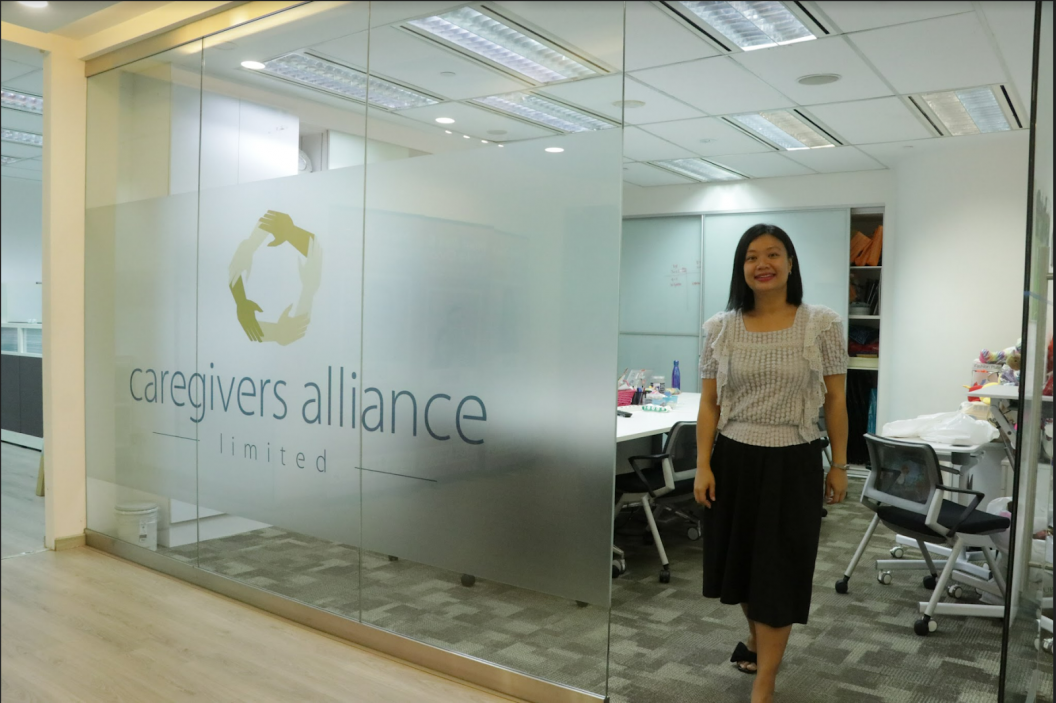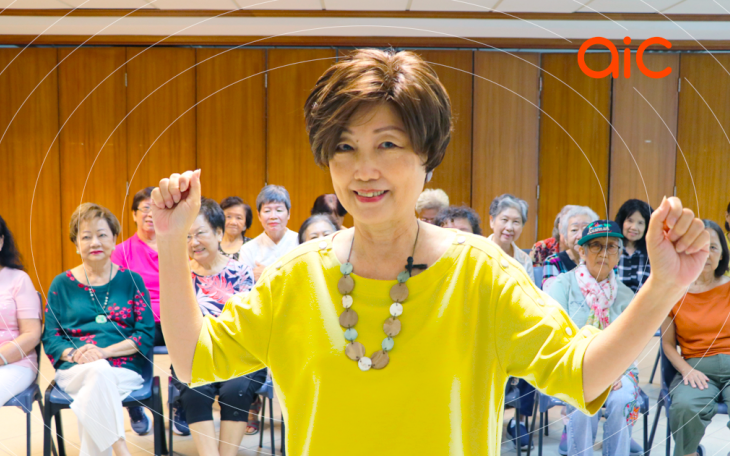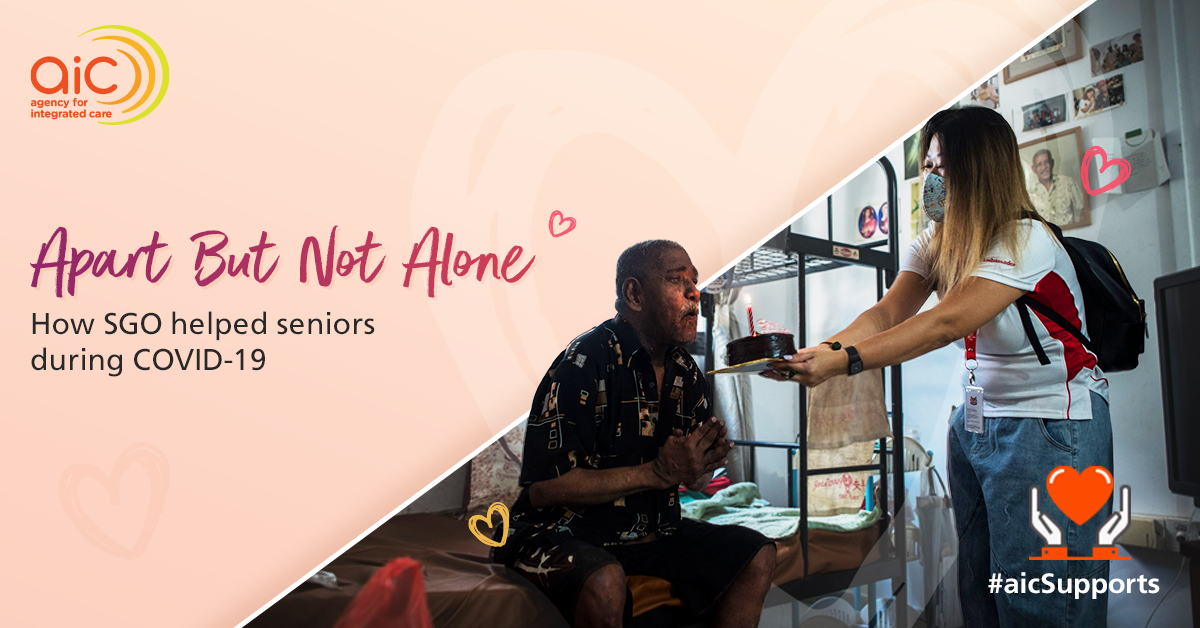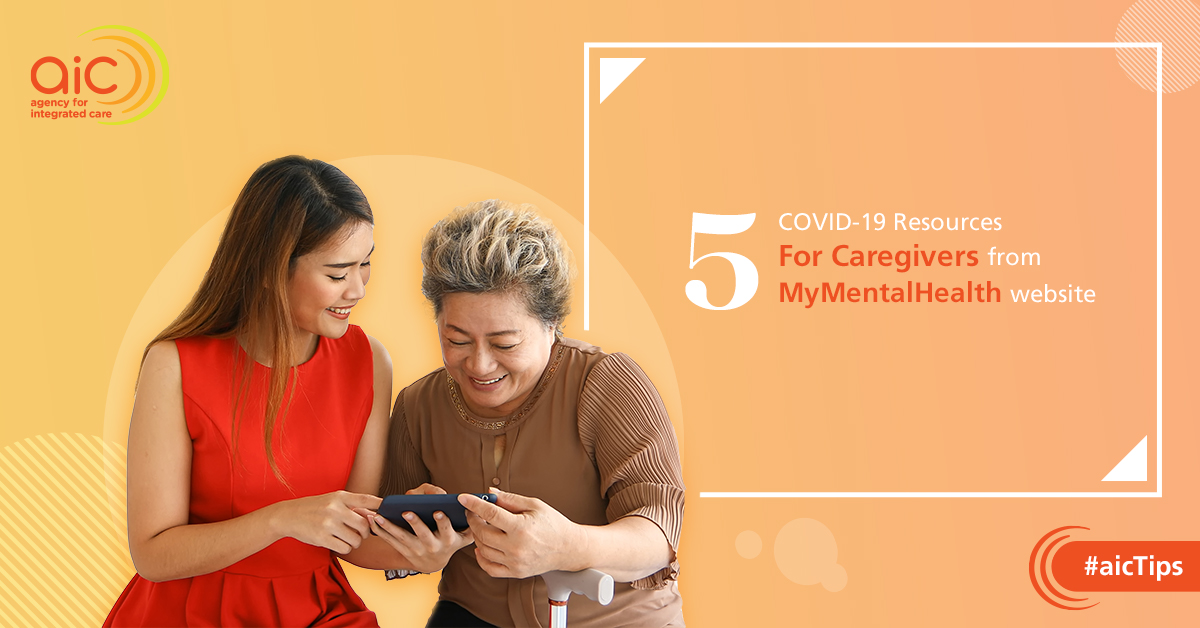Dementia is an illness that affects the brain, one’s memory, ability to communicate as well as plan and carry out daily activities. It can happen at any age but is more common among those above 65.
In a rapidly ageing Singapore, people with dementia generally live well with an understanding and supportive community, but we can always do more to support these individuals. In 2016, the Dementia-Friendly Singapore initiative was born to encourage communities to be more dementia-friendly. Find out how an ex-caregiver and two polytechnic students are doing their part to make their community more dementia-friendly by learning more about this condition.
Once a caregiver, 72-year-old Mdm Oh Peck Wah cared for her husband for 11 years before he passed on in 2011. She became interested in learning more about dementia five years ago, after her youngest sister was diagnosed with the condition. Her knowledge has stood her in good stead in helping others in the community, including caregivers.
Learning about Dementia
I first got to know about the course on dementia at Queenstown Community Centre (CC) because my friends told me about it. I was interested in learning more about the condition because I was worried that I might get it too. This was back in 2015.
The course was really helpful. I learnt that health conditions such as high blood pressure can lead to a higher chance of getting dementia. So I try to eat more healthily.
I also learnt how to spot people showing signs and symptoms of dementia and help them. For example, if I think someone who is lost has dementia, I will ask them simple questions such as where they are staying to see if they can recall. If they cannot remember, I will bring them to the nearest CC or police station for more help.
One of the ways to prevent the early onset of dementia that I learnt was to stay active socially and to keep my mind active. Since then, I have been participating in the activities at Queenstown CC. I also serve the community in a few ways, such as teaching at a community services centre in Kallang and volunteering as a befriender in Clementi.
Caregivers Supporting Caregivers
In 2017, I found out about Queenstown Caregivers Connect after attending a caregivers’ wellbeing talk. It is a support network that brings caregivers together so that they can exchange tips and take a break from their duties.
I joined the support network because I wanted to help other caregivers. I know what it is like to take care of someone and the importance of having support.
During the sessions, I talk to the other caregivers and provide a listening ear. We also conduct sharing sessions to exchange our experiences and caregiving tips with each other. Usually, I will share with the other caregivers the knowledge that I learnt through attending talks and courses on dementia. I am glad that my dementia knowledge is able to help not just me, but the friends I have made here in Queenstown Caregivers Connect. Caregiving is a long journey but with one another’s support, we can go the distance.
Nanyang Polytechnic students, 18-year-old Choo Xian Kai and 21-year-old S Darshanaa Nair, started Silver Outings as an initiative under their school’s Community Service Club (CSC). They wanted to get youths to do their part in supporting seniors to stay active in their community. As part of the programme, students go on outings with seniors from NTUC Health SilverACE (Henderson) to places such as Changi Airport’s Terminal 4.
The students also went for training to learn more about dementia and how to communicate with them as part of their preparations. Find out what they learnt from the training and from their interactions with the seniors.
Silver Outings’ Beginnings: Choo Xian Kai
Our club started this programme because we wanted to do something different. Most of our community service activities for seniors are usually at the centres. We thought that bringing the seniors out would be more interesting for everyone.
During the outings, I talked to two seniors who have dementia. I noticed that I had to keep repeating myself. As I’ve gone through training, I know that their condition causes them to be confused so it takes time for them to understand certain things. Thanks to the training, I have learnt to be more patient with them.
As a result of Silver Outings, I realised that we need to do more to support those with dementia. For us youth, we may not see the importance of knowing more about the condition as it doesn’t affect us right now. Yet, it can affect our loved ones especially as they get older. I think that we should reach out to more people, not just in schools but also at community centres, to educate them about dementia.
Bridging the Gap: S Darshanaa Nair
During the training session by the Agency for Integrated Care, I learnt how to communicate with seniors who have dementia. For instance, I should talk slowly and use simpler sentences. I also learnt how to look out for the signs and symptoms of the condition, such as memory problems and confusion.
On my way back from an outing with a senior with dementia, she kept asking me what she needed to do when she got home. She also forgot that we had eaten during the outing and ate again at home. But thanks to the dementia training, I was more patient with her.
Singapore has an ageing population so it is important to bridge the generation gap between youths and seniors. We need to make sure that our seniors feel that they are a part of society. That’s why we started Silver Outings. The connection and bond we build allow both seniors and youths to feel more involved in their communities.
Building a Dementia-Friendly Singapore
Like Mdm Oh, Xian Kai and Darshanaa, everyone can do their part in building a supportive community for persons with dementia and their families so that they can continue living well at home. This is what the Dementia-Friendly Singapore initiative aims to do.
Some ways this is being done are through providing support for caregivers of those with the condition and raising public awareness of the signs and symptoms of dementia. Efforts to date have led to over 25,000 persons being trained to recognise the condition and support those with dementia.
This includes members of the public like grassroots volunteers, shop and business owners, community partners and students.
Find out how you can play a part in building a supportive community for persons with dementia here.


